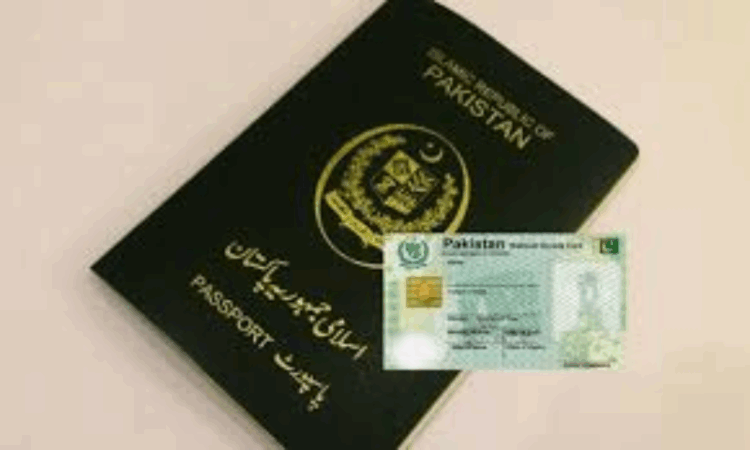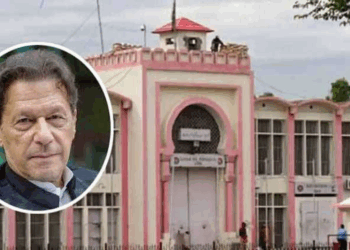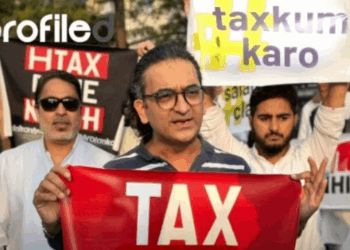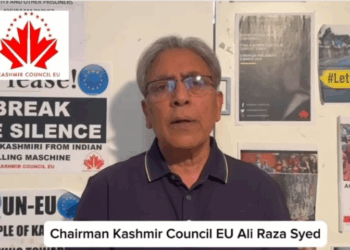Lahore, May 31, 2025: Authorities have blacklisted the passports and national identity cards of over 5,500 individuals linked to the May 9, 2023, riots, most of them from Lahore and other cities across Punjab, officials from the Department of Passport and Immigration confirmed to local media.
The sweeping action follows a ruling by an Anti-Terrorism Court (ATC) in Islamabad, which, just a day earlier, sentenced 11 individuals to various prison terms and fines over attacks on police stations, law enforcement personnel, and public property during the violent protests.
The May 9 riots erupted after the arrest of former Prime Minister and Pakistan Tehreek-e-Insaf (PTI) founder Imran Khan on corruption charges. Protests quickly escalated into violence, with demonstrators targeting key state and military installations including Lahore’s Jinnah House and the General Headquarters (GHQ) in Rawalpindi. The military later designated the day as a “Black Day,” and several accused were tried in both military and anti-terrorism courts.
According to sources, the blacklisting of identity documents was based primarily on geo-fencing data, which identified mobile and landline users near protest sites. In many cases, this digital footprint served as the sole basis for placing individuals on the blacklist, without further direct evidence of involvement.
Dozens of those affected have contested the move, submitting evidence of non-involvement to police and law enforcement authorities. Many claim to have been in the area due to their workplaces or to have made phone calls to family during the unrest. Despite this, their names remain blacklisted, leading to a wave of legal challenges across Punjab.
The Lahore High Court is currently hearing several such cases and has summoned passport officials along with related records. During proceedings, it was revealed that many individuals had been inadvertently flagged due to proximity alone. In response, the Passport and Immigration Department has clarified in court filings that it lacks the authority to modify the blacklist — a responsibility held solely by the Ministry of Interior, which also manages the Exit Control List (ECL).
Sources suggest that the Interior Ministry has applied a broad standard for blacklisting, flagging individuals for any level of involvement in the May 9 events. Those with expired passports are unable to renew them until their names are cleared, compounding their difficulties.
Meanwhile, legal and political backlash continues over the use of military courts for trying civilians. In December, a military court convicted 25 individuals, including Imran Khan’s nephew, Hassan Khan Niazi. Another 60 were sentenced in subsequent proceedings. In January, 19 of these convictions were pardoned after successful mercy appeals, though PTI criticized the limited scope of relief.
Military trials, initially paused by a Supreme Court ruling, have since resumed under instructions to conclude pending cases.
PTI Chairman Barrister Gohar Ali Khan has vocally opposed the trials, calling them unconstitutional and demanding that civilians be tried in civilian courts.
The continued blacklisting of citizens and the controversial use of military courts are expected to fuel further political and legal contention in the months ahead.








